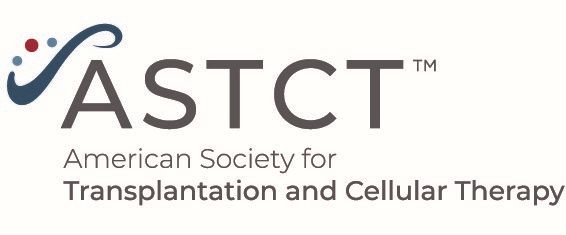
Impact of T cell characteristics on CAR-T cell therapy in hematological malignancies

Researchers conducted a comprehensive review on how intrinsic T cell characteristics influence CAR-T cell therapy outcomes in hematological malignancies.
Researchers from University Hospital Ostrava and the Faculty of Medicine at the University of Ostrava, Czech Republic, conducted a comprehensive review on how intrinsic T cell characteristics influence CAR-T cell therapy outcomes in hematological malignancies. While CAR-T therapy has revolutionized cancer treatment, relapse rates remain high, exceeding 50% in some B-cell malignancies. The study demonstrates T cell exhaustion, memory differentiation, senescence, regulatory T cells (TREG), metabolism, and T-cell receptor (TCR) diversity as key factors affecting CAR-T efficacy. Understanding these characteristics could improve therapy design and patient outcomes, particularly by optimizing CAR-T cell expansion, persistence, and tumor control.
The rationale for this study stems from the variable success of CD19-directed CAR-T therapies in lymphomas, leukemias, and multiple myeloma, where long-term remissions are inconsistent. T-cell dysfunction, caused by prior chemotherapy, aging, or inherent immune deficiencies, is believed to limit CAR-T efficacy. Specifically, exhausted and senescent T cells exhibit poor proliferation and limited tumor-killing ability, while highly differentiated effector T cells tend to decline rapidly after infusion. Conversely, early memory T cells (TSCM, TCM) demonstrate greater persistence and expansion, making them a desirable subset for CAR-T manufacturing. Furthermore, metabolic constraints and an imbalanced TCR repertoire may hinder immune responses, suggesting a need for tailored approaches in CAR-T cell selection and engineering.
The findings emphasise several actionable strategies to enhance CAR-T efficacy. Reducing exhaustion through PD-1 blockade, CRISPR editing, and shorter ex vivo expansion improves T-cell fitness, while maintaining a higher proportion of memory T cells correlates with superior response rates. Addressing T-cell metabolism by modulating oxidative phosphorylation and glycolysis has shown promise, as has limiting TREG-mediated immunosuppression. Importantly, TCR diversity emerged as a potential biomarker for predicting patient response. The study concludes that refining CAR-T cell selection, leveraging multi-omics profiling, and integrating metabolic and genetic modifications could significantly improve CAR-T therapy outcomes, particularly for patients with aggressive hematological malignancies.
Reference
Tao, Z., Chyra, Z., Kotulová, J. et al. Impact of T cell characteristics on CAR-T cell therapy in hematological malignancies. Blood Cancer J. 14, 213 (2024). doi.10.1038/s41408-024-01193-6
Newsletter
Stay up to date on recent advances in the multidisciplinary approach to cancer.



































